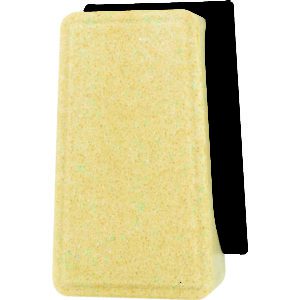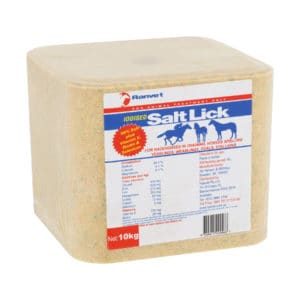Pasture Quality for Horses in Australia
It has been well documented that Australian soils are of a poor quality and contain numerous trace mineral deficiencies. Poor nutrient availability within the soil may impact on the intake of energy, protein, vitamins and minerals by pasture based horses, however, horses have an innate ability to ‘seek’ nutrients required within their diet. This may cause behaviour such as eating soil, chewing wood and coprophagia (eating faeces). When horses are confined to paddocks or stables and are unable to exercise, these behaviour problems can occur and inevitably lead to dietary deficiencies.
A deficiency of copper may significantly increase the risk of developmental orthopaedic disease’s (DOD’s) such as osteochondrosis, epiphysitis and limb deformities in young stock and uterine rupture in older mares. Copper is also associated with the production of hair pigments and darkening of the horses coat. A deficiency of zinc in the diet of foals is associated with inappetance, a reduction in growth rates and poor skin quality. It has also been suggested that mares fed suitable levels of zinc within the final trimester of gestation may reduce the potential for foals born with certain DOD’s. A diet lacking in iodine may be problematic as Iodine is essential for the production of hormones and regulation of the bodies basal metabolism. A deficiency will causes the thyroid gland to over-produce, resulting in an increase in the size of the thyroid gland (goiter).
Selenium is also required for function of the thyroid gland. A selenium deficiency may cause muscular weakness, respiratory distress, difficulty with swallowing and abnormal cardiac function. Foals born out of mares which have experienced a selenium deficiency during the final trimester of gestation may have an increased risk of white muscle disease (nutritional myodegeneration). Vitamin E is a powerful anti-oxidant throughout the body. If deficient, a lack of Vitamin E can increase damage to muscle tissue via oxidative free-radicals, leading to muscle stiffness and soreness following exercise. Vitamin E is also required to minimise the potential for white muscle disease and equine degenerative myeloencephalopathy (EDM), a disease which affects the spinal chord and brain development in young horses.
The most commonly known function of biotin is its role in hoof growth and strength. A biotin deficiency may be associated with poor hoof quality and an increased risk of dermatitis. Supplementation with biotin has been found to improve hoof growth, structure and integrity. Manganese is important for the production of chondroitin sulphate and health of articular cartilage. Manganese is also required for the utilisation of energy within the diet. A deficiency may impact on yearling growth rates, limit cartilage formation and be associated with abnormal limb development in foals.
Iron and cobalt are involved in red blood cell formation and transport of oxygen throughout the body. A deficiency of iron or cobalt may increase the risk of anaemia, with subsequent health and performance limitations.
Sodium and magnesium are key electrolytes within the body, vital for muscular function and fluid intake. Both are water soluble and lost daily via sweat and urine, stressing the importance of dietary supplementation. A deficiency may lead to an increased risk of dehydration, tying up, slowed rate of eating, nervousness, muscle tremors and a lack of coordination.
Deficiencies of all of the above vitamins and minerals can be easily avoided through access to


Experts in Equine Nutrition
Every product in the Ranvet range has been developed to meet a horse’s most specific need at any given time, be it in a training environment or on a breeding farm. Having pioneered the formulation of specific medications and dietary supplements for horses, the company is now recognised as a leader in the areas of equine health and nutrition.
